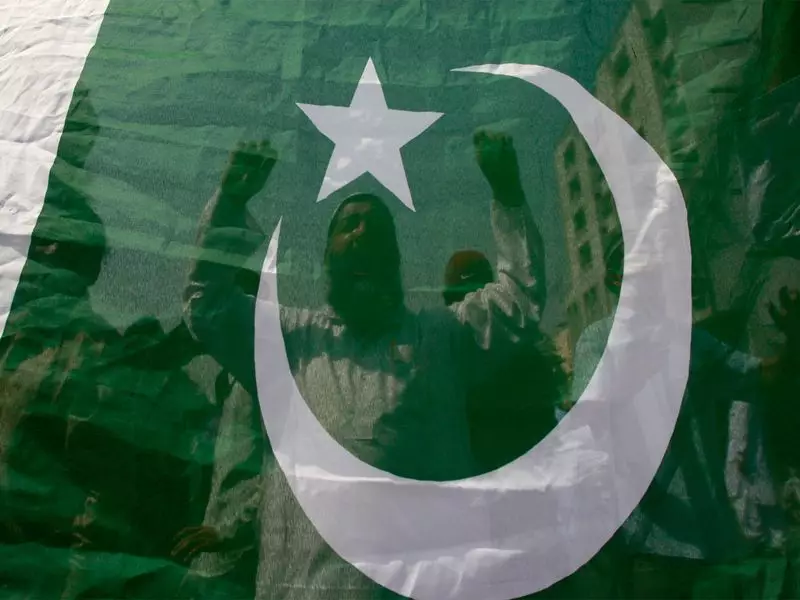
The Pakistan Army has conducted a controversial airstrike that targeted and destroyed a mosque in a North Waziristan village, resulting in multiple civilian casualties according to local sources. The incident has raised serious questions about military operations in the restive tribal regions bordering Afghanistan.
Details of the Airstrike
The military operation took place on Tuesday in the Datta Khel area of North Waziristan, a region long known as a stronghold for militant groups. Pakistani fighter jets bombed a local mosque during what authorities described as a counter-terrorism operation. The precise number of casualties remains unclear, with conflicting reports emerging from the area.
Local witnesses reported that the airstrike completely demolished the religious structure, leaving rubble and debris where worshippers had previously gathered. The attack occurred in a remote village where communication is limited, making independent verification challenging. Military sources claimed the mosque was being used by militants, though local residents strongly dispute this assertion.
Military Justification and Local Response
Pakistan military officials have defended the operation, stating they had intelligence indicating that terrorist elements were using the mosque as a hideout. They claimed the strike was necessary to eliminate high-value targets who posed a threat to national security.
However, local tribal leaders and residents have expressed outrage, insisting that only civilians were present in the mosque at the time of the attack. This incident represents yet another chapter in the long-standing conflict between state forces and militant groups in Pakistan's tribal areas, a region that has seen significant violence over the past two decades.
Historical Context and Ongoing Conflict
North Waziristan has been a focal point in Pakistan's fight against terrorism since the early 2000s. The region gained international attention as a safe haven for various militant organizations, leading to multiple military operations over the years.
The latest mosque bombing recalls similar controversial incidents in the past where civilian structures have been targeted during counter-insurgency operations. Human rights organizations have repeatedly raised concerns about civilian casualties in these operations, calling for greater transparency and accountability.
The Datta Khel area specifically has witnessed several military actions in recent years, with authorities claiming significant successes against terrorist networks. However, local communities often bear the brunt of these operations, facing displacement and infrastructure damage.
As information continues to emerge about this latest incident, questions remain about the verification process for targets and the measures taken to prevent civilian casualties. The conflict in North Waziristan continues to present complex challenges for both security forces and local populations caught in the crossfire.





